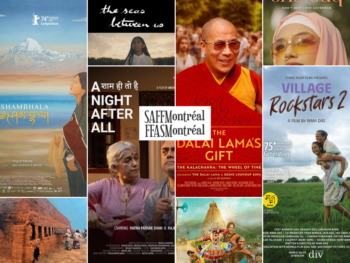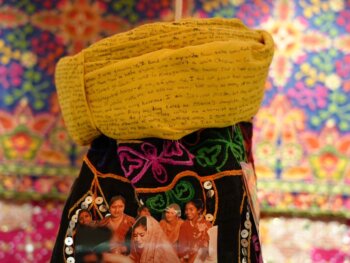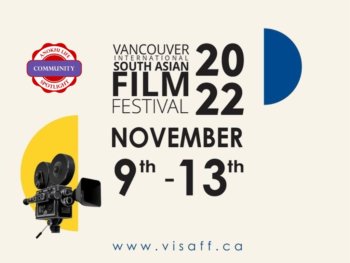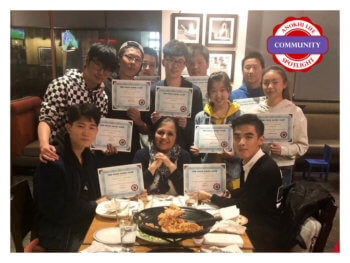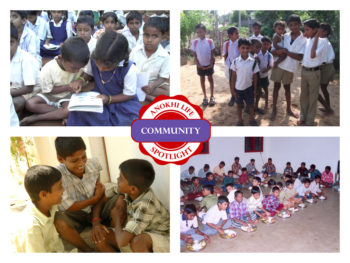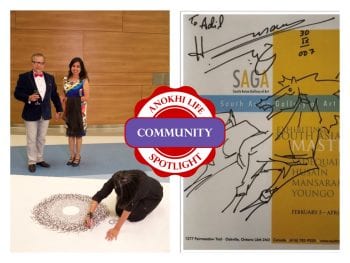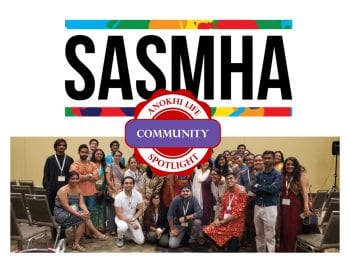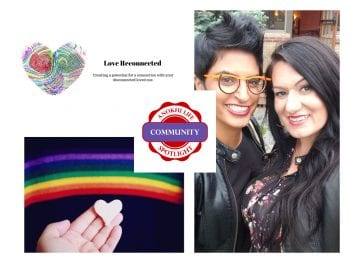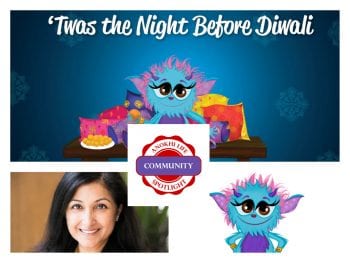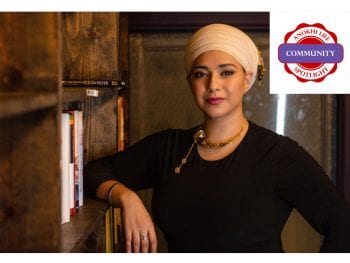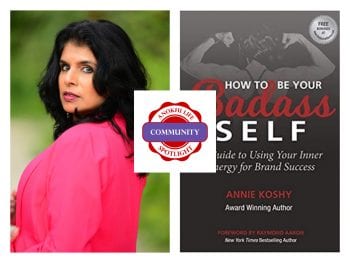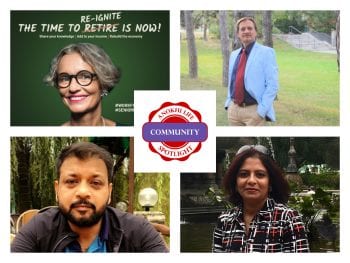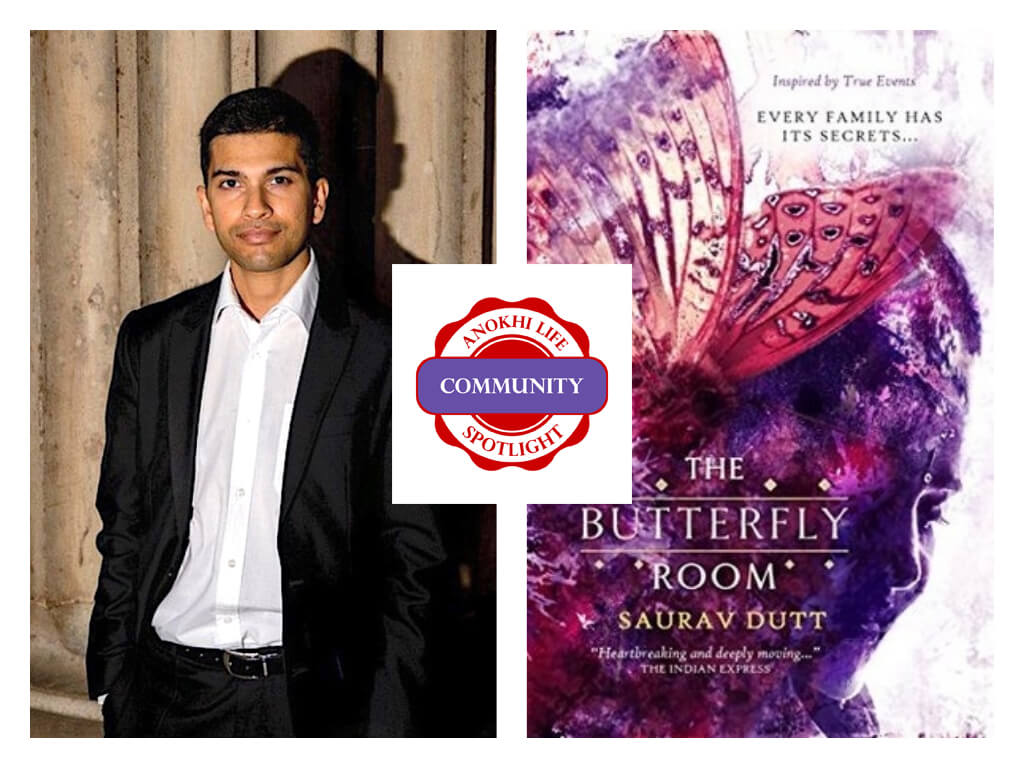
How I Ignored A Publisher’s Advice And Turned Into A Best-Selling Author
Community Spotlight Sep 06, 2020
Saurav Dutt wanted to turn his passion for storytelling into something more tangible. Publishers told him that if his South Asian stories didn’t involve cookie cutter plot lines, no one would be interested. He then took matters into his own hands. He pushed through and left the naysayers behind and becaming a best-selling author. Here is his story.
I was in a publisher’s office at the turn of the millennium when I was told nobody wanted to read stories from South Asian Authors unless they were about arranged marriages, poverty, guns, or gangsters.

I swore then that I would never let the naysayers win but for a few years that rejection derailed my ambition to become a writer.
As I grew older and a career in the legal and business fields took hold, something was missing; a reconnection to the art of writing and literature that made me feel vital and alive. And then five years ago, I sat in the audience of a lecture about domestic abuse. I first became aware of just how ubiquitous violence against women around the world was, especially in South Asian communities. As men were often the greatest perpetrators, could I as a South Asian man, offer anything to help survivors and fighting such evil in some way?
I decided I would embrace a new calling: a writer detailing the human condition, discussing stories of conflict, and mental aberration; especially as it impacted South Asians.
My debut novel The Butterfly Room was born, pulled together with interviews with over 200 survivors of domestic abuse. I knew a male perspective was necessary, and I also had the chance to speak to perpetrators, unabashed some even proud of what they had done.
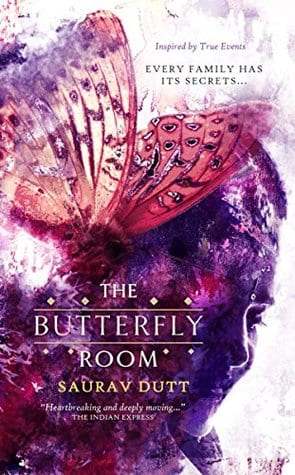
The book was self-published initially because the corporate gatekeepers told me this story was a ‘downer’, that it could not sell, that it was far too depressing. They were wrong. I stuck to my ethics, my morals, and knew there was a greater mission at hand.
Soon momentum gathered. I was invited to speak on panels with Booker Prize Nominated Authors, Members of Parliament, Baronesses; spoke at the WEF, and The Butterfly Room received widespread news coverage across the BBC, Sky News, and the International Business Times, subsequently picked up by a publishing house.
For years I had doubted my ability as a writer, dismissed my place in the universe as someone who deserved to be read, but now all of that had changed because I realized this journey wasn’t just about writing, and art, it was about conveying a social message of importance to the world-to give a voice to the voiceless.
I realized then that I could use my platform and background as a South Asian to talk about the issues that concerned us across the world-our culture, our history, politics, social issues, and this was what would shape my stories. I used profits from The Butterfly Room to assist charities helping survivors of abuse, speaking at events to raise awareness, and then turned my mind towards global issues. The success of the book led to my shortlisting as an “Author To Watch” at the Asian Achievers Award and the Asian Media Awards.
To mark the centenary of the Amritsar Massacre in 1919, I wrote a historical novel called Garden of Bullets; it was a mission I had to uphold, to honour those who perished so unnecessarily catalyzing the movement to break free from British rule. The book was launched at the House of Lords, featured in TIME magazine, and received press in powerhouse publications such as The Spectator, The Times of India, and the Tribune which originally covered the massacre in such depth.
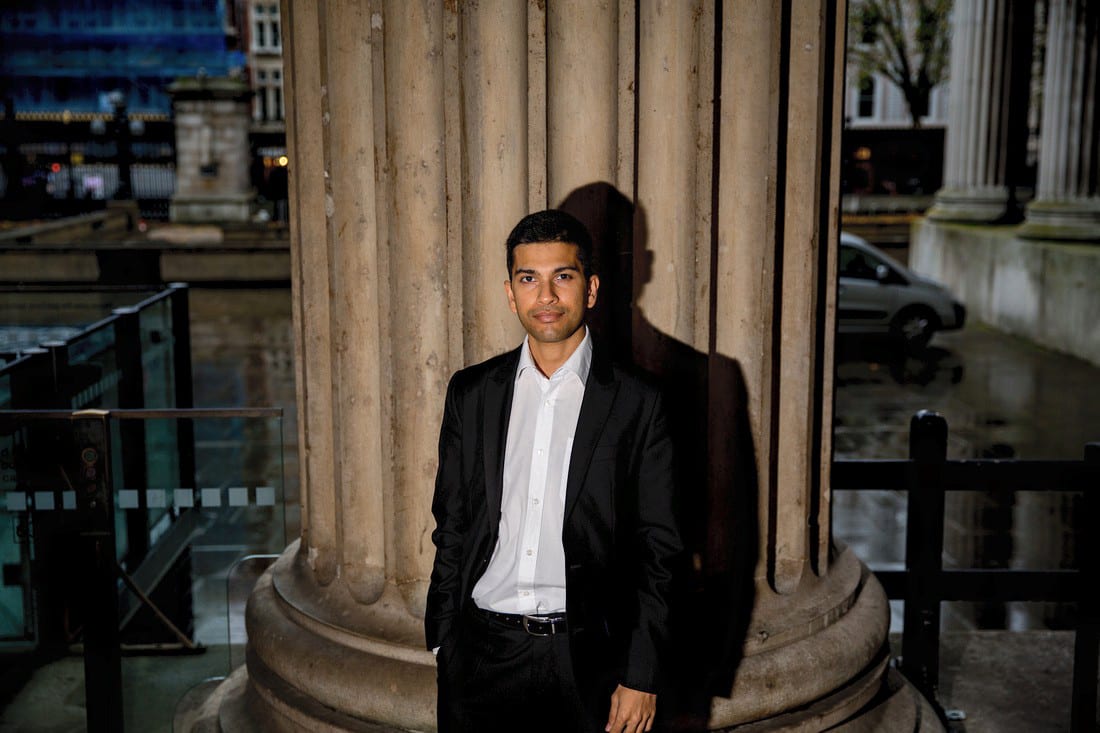
I knew I was up against powerbrokers in publishing who had more leverage, funds, and access to publicity than I had but I was determined to tell my story and my work on this issue and this book caught the attention of a pair of filmmakers in Hollywood. They had created a film called Tiger with legendary actor Mickey Rourke about the story of Sikh boxer Parminder Singh Nagra who fought racism and discrimination to box professionally without shaving his beard.
I was invited to write the official novelization, bringing Nagra’s incredible story to life in the literary world. I was part of the journey as the film won numerous awards at film festivals in San Diego, Houston, and Toronto and was subsequently picked up by Netflix. Such a journey would have felt impossible to me that afternoon when the publishers told me I had nothing interesting to say.
The journey continues. I’m now writing a book on the story of Meera Dalal, a young girl who took her own life in the United Kingdom after sustained abuse by her boyfriend, and ‘Depressions’ about mental wellness in South Asian communities.
I owe it to myself, and my communities around the world, to tell their stories the best way I can; ensuring I speak, argue, and campaign for the issues that matter to us. It is a journey I will walk until I can no longer put pen to paper.
Main Image Photo Credit: Saurav Dutt


















































